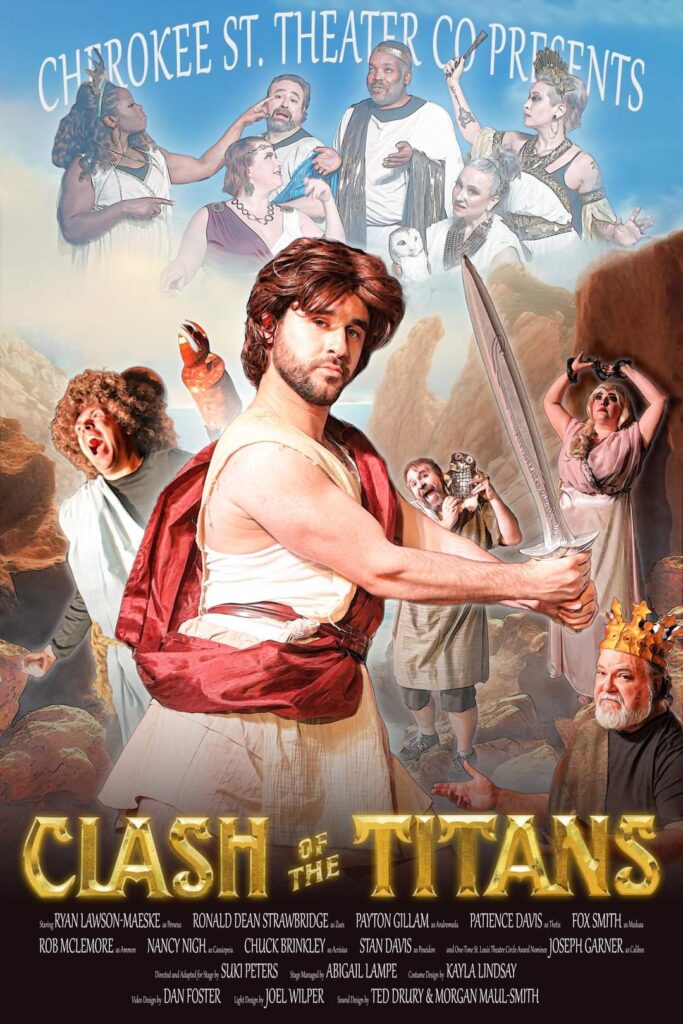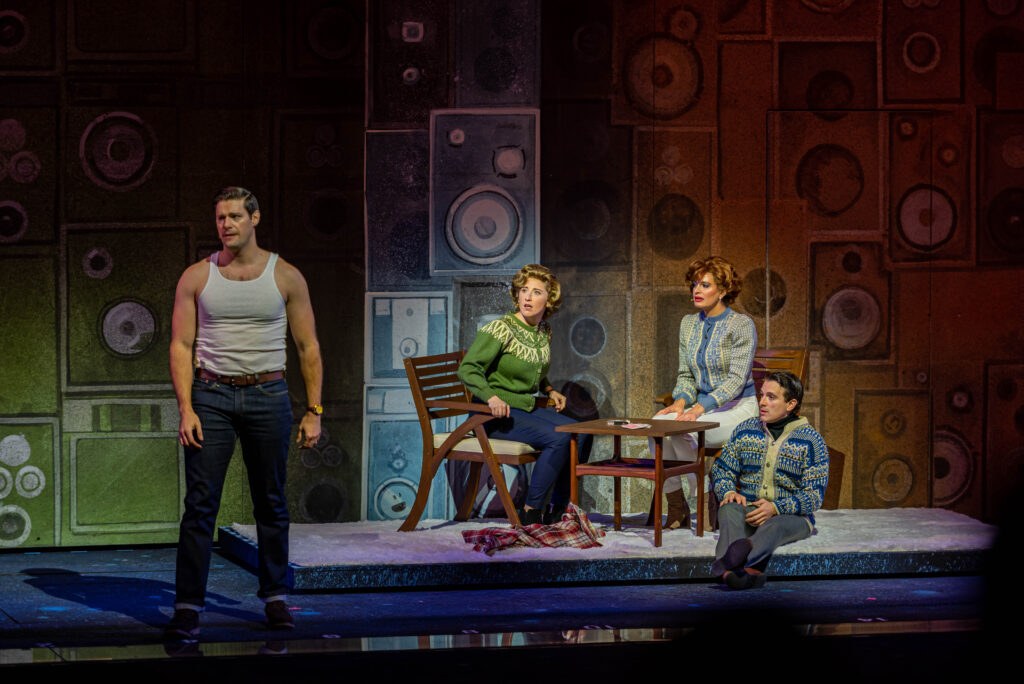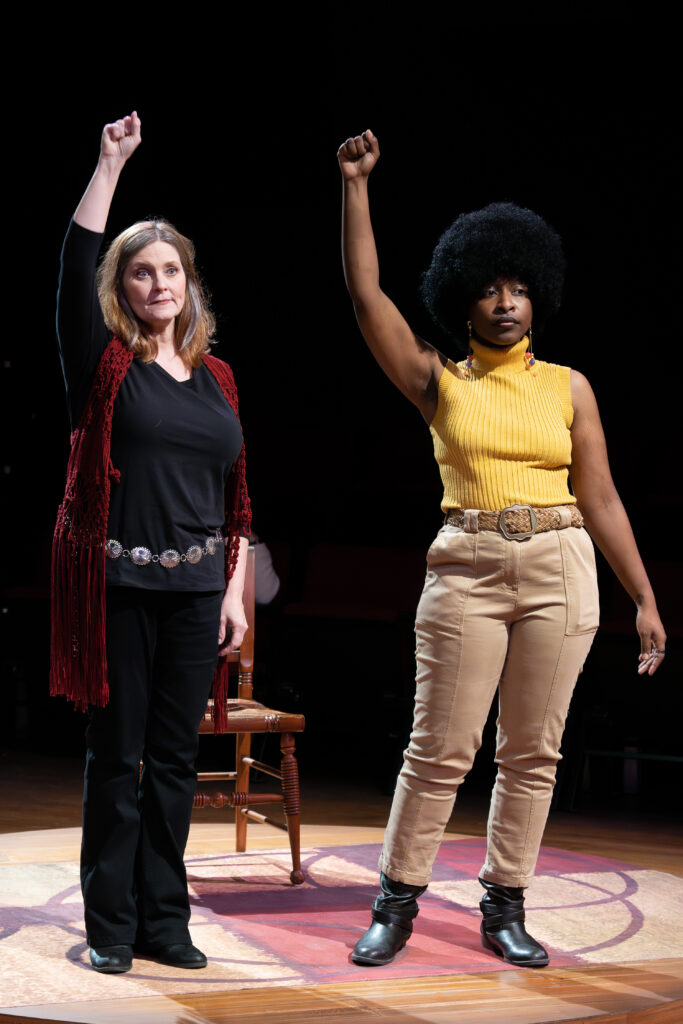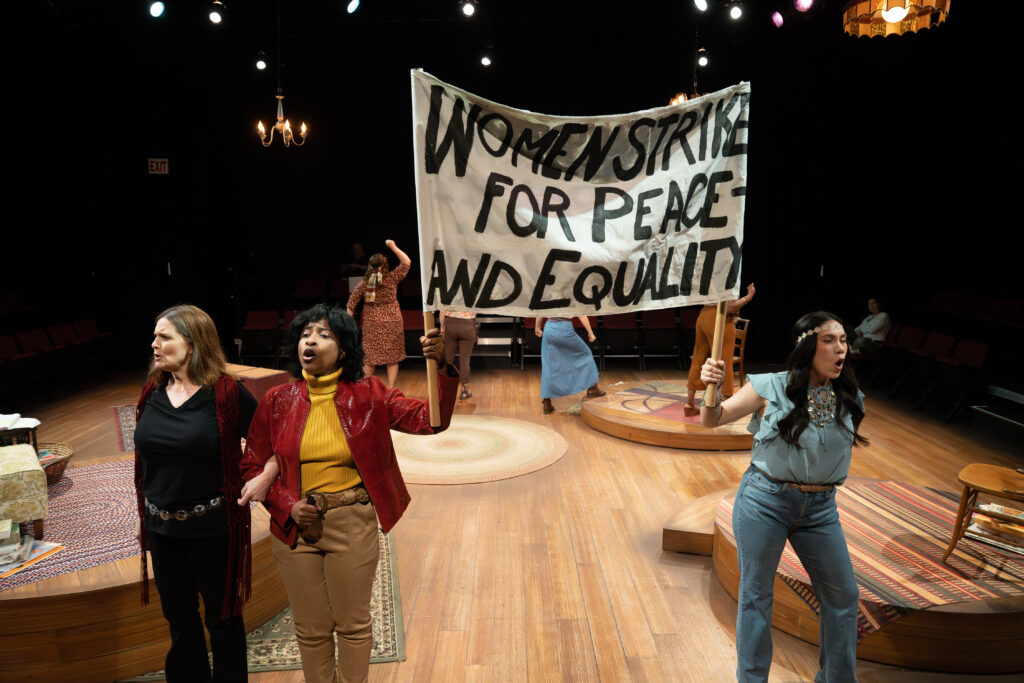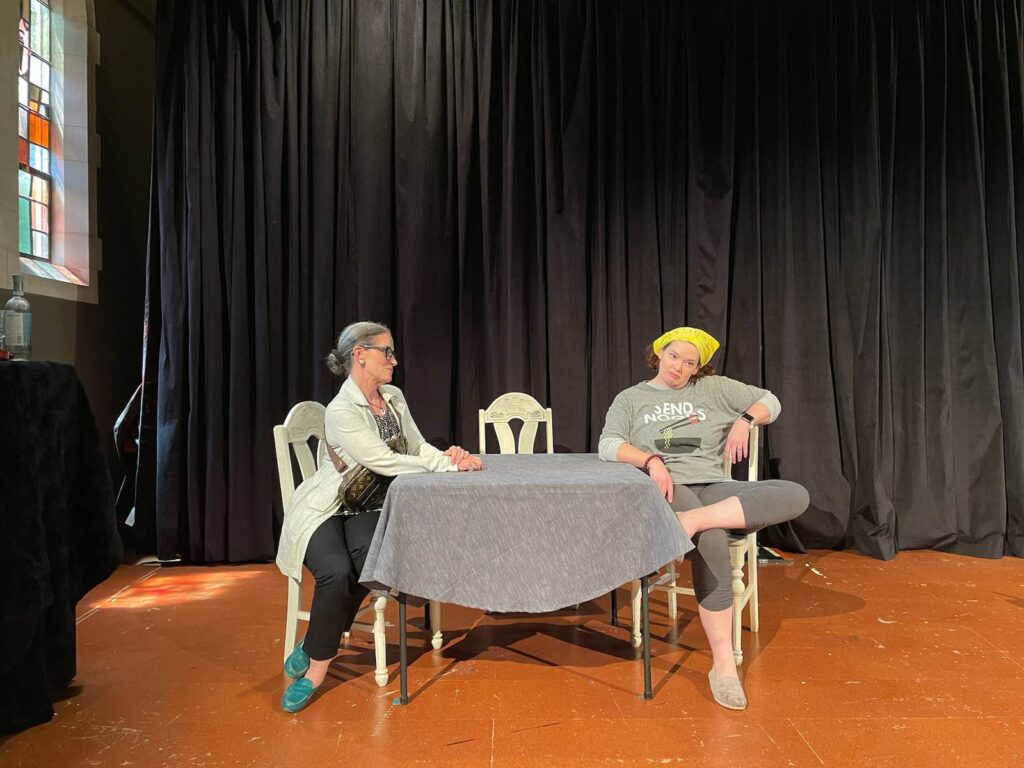By Lynn Venhaus
The crude and cringy comedy “No Hard Feelings” is a hot mess. If trying to be a throwback to ‘80s sex comedies, but for modern audiences twisted with a gender-reversed protagonist, it’s a painful reminder that arrested development isn’t always a gut buster.
A down-on-her-luck local, Maddie (Jennifer Lawrence) has long-festering daddy issues and a chip on her shoulder the size of the Rock of Gibraltar. She ekes out a living by driving the ‘haves’ around and bartending, barely containing her contempt for the seasonal residents who summer in Montauk, her homestead, on Long Island. With all the new money’d elite in town, she can’t afford her property taxes, thus the bind she’s in, calling for desperate measures.
Maddie answers a Craigslist ad to resolve her financial troubles. Wealthy helicopter parents Laird and Allison (Matthew Broderick and Laura Benanti) want to hire someone to ‘date’ their introverted 19-year-old son Percy (Andrew Barth Feldman) before he begins his freshman year at Princeton. Their promise of a car is appealing, for her vehicle was recently repossessed and she’s an Uber driver. But awkward Percy is more of a challenge than she expected.
Lawrence goes full frontal and full throttle as a combative, mean-spirited, deceitful and stuck-in-a-rut 32-year-old hedonist. She’s a commitment-phobe and harbors lots of resentments.
That’s right, “America’s sweetheart.” It’s not a good look for the Oscar winner, although she’s adept at physical comedy. With so few redeeming qualities, Maddie is hard to like, and her actions, for the most part, made me feel increasingly uncomfortable.
Not that you must be likable to carry a film, but sheesh, co-writers Gene Stupnitsky, who directed with a heavy hand, and John Phillips go for the cheap laugh every time. And the age difference is icky, no matter if it’s not condoned nor a transaction.
Mocking helicopter parents, however, is fertile comedic ground, and while Broderick and Benanti are known for their comic flair, they are underused as the couple who have smothered their kid in a detrimental way. And distraught, turn to Craigslist (!?!) and offer a Buick Regal to an older woman who will ‘make’ their introverted son a man before he goes off to the Ivy League.

As played winningly by Andrew Barth Feldman, Percy is not as clueless as everyone thinks, and he becomes more engaging and sympathetic as the flimsy plot starts fraying. In fact, the saving grace is that he and Lawrence develop a sweet chemistry after she stops aggressively throwing herself at him.
With jerky tonal shifts to make you feel as though you’re experiencing repeated whiplash, the movie veers off course in several directions that don’t make very much sense – not that we expect this format to be remotely plausible.
Much has been made about its R-rated double entendres, but filmmakers never figure out what they want this comedy to be – a light-hearted romp, a laugh-out-loud raunchy farce, a spoof of juvenile teen-centered movies, or a “very special episode” with a message about growing up.
This blend of familiar plot threads borrowing from “Risky Business,” “Superbad” and “The Graduate” has some funny physical comedy, but mostly, the harder Maddie tries to hook up with the virginal teen, the more uneasy it feels. Are we making fun of him because he is so socially awkward, or are we laughing at her because she is a trainwreck? Either way, not encouraging.
Some of the broad physical comedy lands, but mostly, they lob all sorts of goofiness to see what sticks. And Kyle Mooney is wasted as a former nanny who’s become friends with the shy kid.
Feldman’s ease at conveying genuine emotion is a plus. He’s reminiscent of an early Michael Cera and a pleasant surprise in his first major movie role following a streaming piece on Netflix, “A Tourist’s Guide to Love.”
It’s the kind of film breakthrough that bodes well for the future. In real life, Feldman’s meteoric rise in musical theater is like a movie plot – winner of the 2018 Jimmy Award, aka National High School Musical Theatre Award, he was noticed by a producer of “Dear Evan Hansen,” and wound up as a Broadway replacement in the title role.
While the film is more of a ‘bait-and-switch’ than a rowdy low-brow comedy, its sweet and sentimental moments are when it engages in a sincere way. After 1 hour, 43 minutes of scattershot cinema, everything’s tied up neatly and the future’s so bright, they’ll have to wear shades.
That friendship movie, without the careening cars, vomit scenes, teen hijinks, house parties and one-nightstands, would have been worth the time.
“No Hard Feelings” is a 2023 comedy directed by Gene Stupnitsky and starring Jennifer Lawrence, Andrew Barth Feldman, Laura Benanti, and Matthew Broderick Rated: R for sexual content, language, some graphic nudity, and brief drug use, its runtime is 1 hour, 43-minutes. It opened in theaters June 23. Lynn’s Grade: C-.


Lynn (Zipfel) Venhaus has had a continuous byline in St. Louis metro region publications since 1978. She writes features and news for Belleville News-Democrat and contributes to St. Louis magazine and other publications.
She is a Rotten Tomatoes-approved film critic, currently reviews films for Webster-Kirkwood Times and KTRS Radio, covers entertainment for PopLifeSTL.com and co-hosts podcast PopLifeSTL.com…Presents.
She is a member of Critics Choice Association, where she serves on the women’s and marketing committees; Alliance of Women Film Journalists; and on the board of the St. Louis Film Critics Association. She is a founding and board member of the St. Louis Theater Circle.
She is retired from teaching journalism/media as an adjunct college instructor.



